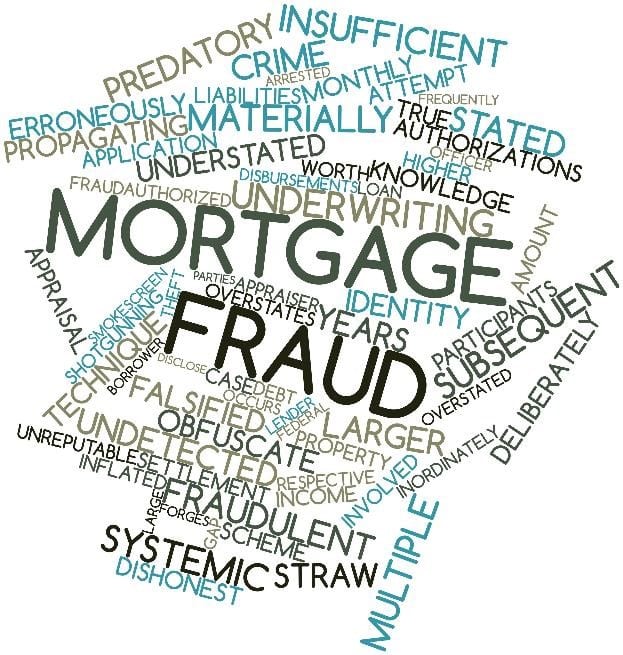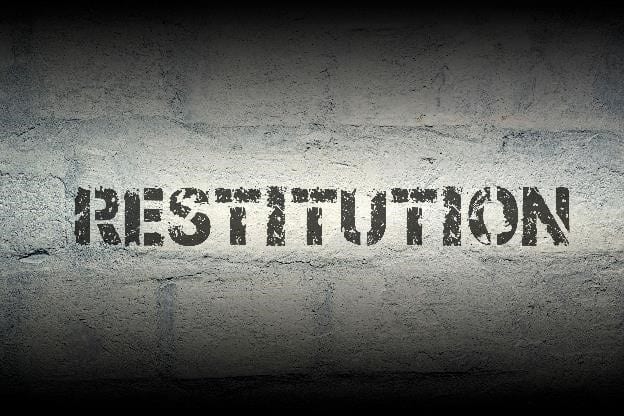- Home
- THE FIRM+
- Criminal Defense+
- CASE RESULTS
- AREAS WE SERVE+
- FAQ’s
- Blog
- Contact
AZHARI LLC BLOG
Jun. 27 2017
Understanding Mortgage Fraud Charges in Illinois

Posted By: Sami Azhari
Category:
It’s easy to understand why judges are held in such high esteem. Their comprehensive knowledge of the law helps them to decide court cases fairly and impartially – at least most of the time. However, just because they help enforce the law doesn’t necessarily mean they’re immune from breaking it.
Cook County Judge Jessica A. O’Brien – the first Filipina judge in the county – is one of those judges who may have broken the law.
In April, O’Brien was indicted on federal mortgage fraud charges for allegedly lying and keeping important details from lenders to get more than $1.4 million in mortgages for two investment properties. The properties are located on the South Side and were purchased and sold between 2004 and 2007.
During those years, O’Brien worked for the Department of Revenue while also owning a real estate company and working part-time as a loan officer. When O’Brien applied for a mortgage in August 2004, she falsely stated she made $6,800 per month and didn’t reveal the $260,000 she and Maria Bartko – the co-defendant – owed on another property.
The next year, O’Brien refinanced the mortgage on that first property and another property, falsely stating again that she made $20,000 per month. When O’Brien applied for a commercial line of credit in 2006 to pay for expenses on both properties, she falsely stated her real estate company made $100,000 in annual profits.
O’Brien, who was a judge in a small claims courtroom, was reassigned to non-judicial duties after the indictment. The next day she was removed from the bench indefinitely. O’Brien has plead not guilty to all charges against her.
What Exactly Is Mortgage Fraud?
O’Brien’s case brings up a number of questions regarding mortgage fraud. Most importantly, what exactly does mortgage fraud mean?
Mortgage fraud is a complex crime that involves both mortgage lenders and borrowers, and often involves other types of fraud as well. It occurs when someone lies, falsely states, or intentionally omits pertinent details on a mortgage application or during the approval process.
But how can someone tell if the omission or false statement was intentional or just a simple mistake?
That’s what makes a mortgage fraud claim so complicated. It can be difficult to prove if a mistake was intentional or inadvertent, and intent is the key to mortgage fraud. If the intent was to defraud, then a crime was committed. If it really was just an error and there was no intention to defraud, then a crime wasn’t committed.
How Does Mortgage Fraud Work?
Borrowers
When a person wants to purchase a house, they will need to apply for a mortgage by submitting an application to a lender. The application will include basic information such as the property information, personal information, employment information, and financial information.
If you knowingly misrepresent any of the information in the application, you’re committing mortgage fraud. Just remember, though: while you shouldn’t be making mistakes on your application, a mistake isn’t fraud.
A borrower could also work with another party – or multiple parties – to commit mortgage fraud.
Let’s say one person buys a house for a low price. If the borrower wants to make a big profit on the house, he could recruit an appraiser to appraise the house at a much higher value. Then, when the homeowner sells the house at the inflated price, the appraiser will also get a cut of the profits.
Lenders
When lenders commit mortgage fraud it’s often called professional mortgage fraud or fraud for profit because the goal is to make a profit. Professional mortgage fraud often involves complicated schemes and multiple parties that could include mortgage brokers, real estate agents, real estate appraisers, accountants, attorneys, bankers, and builders.
One way lenders might commit mortgage fraud is by offering financial assistance to a vulnerable homeowner when they actually intend to defraud the borrower by skimming from the home’s equity.
Penalties for Mortgage Fraud in Illinois
The penalties for mortgage fraud vary depending on the amount in question and the alleged circumstances of the crime.
Mortgage fraud is generally a felony offense, but if the amount of money involved is fairly small – usually less than $1,000 – you might only be charged with a misdemeanor. Penalties for mortgage fraud include:
- Prison. Federal mortgage fraud charges can result in up to 30 years in prison.
- Fines. A single count of federal mortgage fraud can carry up to $1 million in fines.
- Restitution. If you commit mortgage fraud, you might have to pay the injured party for your wrongdoing.
- Probation. In addition to the other penalties, you might also have to be on probation for up to one year.
Contact a Skilled Illinois Mortgage Fraud Attorney
Mortgage fraud is a serious crime that shouldn’t be ignored. If you’re facing mortgage fraud charges, act in your best interest by contacting an experienced Illinois mortgage fraud attorney who will help you fight for your rights and defend your charges.
About the Author
Sami Azhari has been working as a lawyer since 2007, after receiving his Juris Doctor from the Michigan State University College of Law. He has handled numerous state and federal cases, and is known throughout the Chicago and Rolling Meadows area for providing his clients with high-quality, skilled representation. He has been recognized by SuperLawyers, the National Trial Lawyers Association, and other notable organizations, and has spoken at a number of legal conferences.



























































